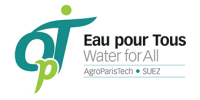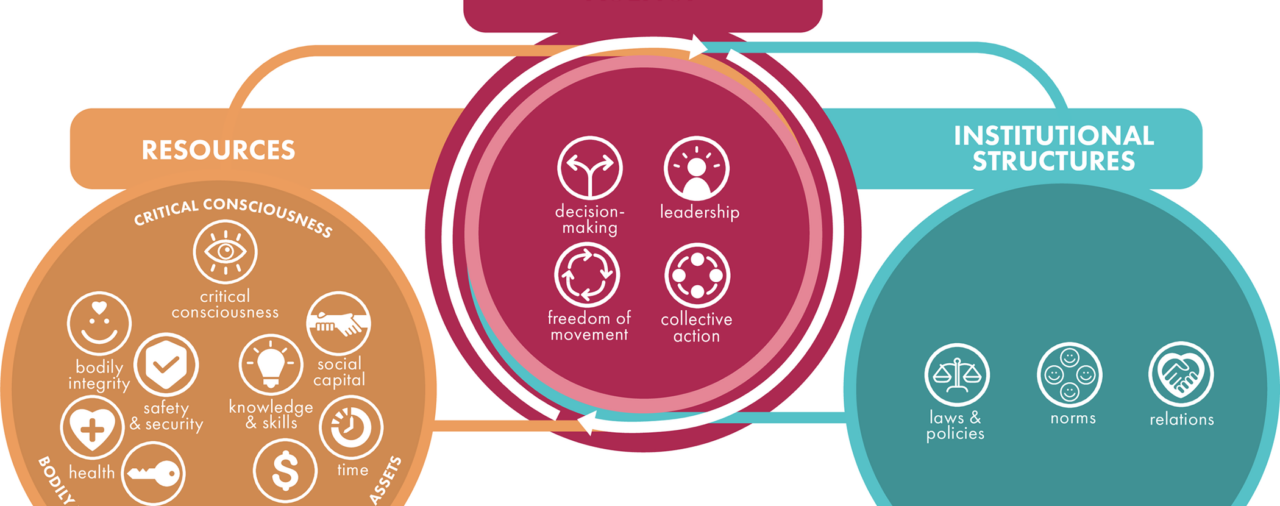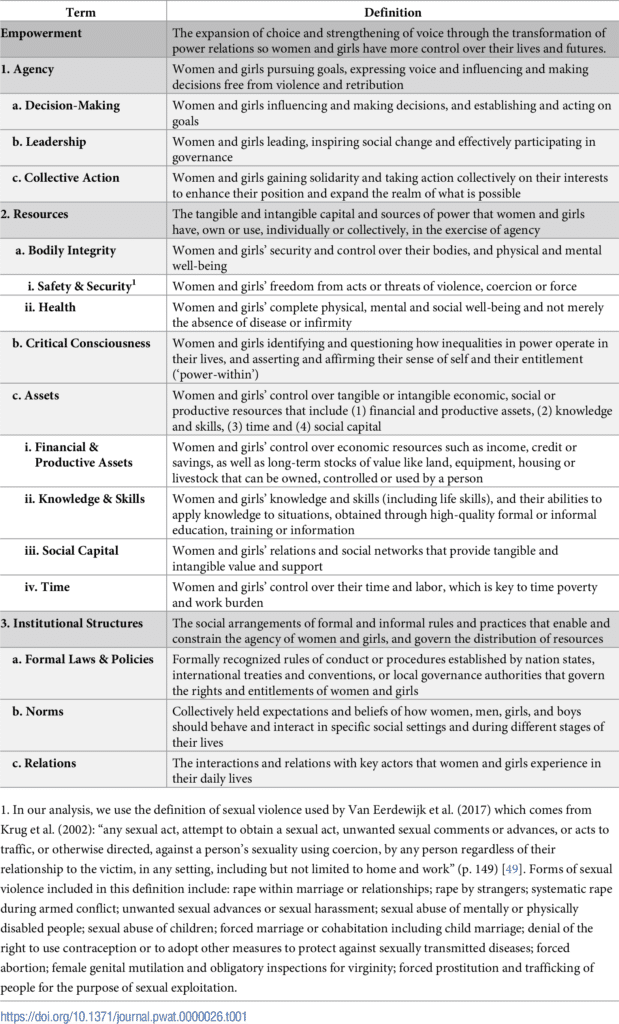A systematic review and qualitative metasynthesis
by Bethany A Caruso Author content
Source and full PDF: researchgate.net
Abstract and Figures
Historically, water and sanitation programs have focused on women’s instrumental value in improving conditions and behaviors. No reviews have synthesized evidence on water and sanitation and women’s and girls’ empowerment.
This review
– a) identified empirical water and sanitation research that engaged empowerment and/or empowerment-related domains;
– b) reported empowerment-related terminology used, research locations, methods leveraged, if water and/or sanitation was the focus; and
– c) synthesized evidence. A conceptual model of women’s and girls’ empowerment, which includes three interrelated domains (agency, resources, institutional structures), informed the search and analysis.
We searched MEDLINE, EMBASE, CABI Global Health, PsycINFO, CINAHL and AGRICOLA for peer-reviewed sources presenting research on water and/or sanitation and either empowerment and/or related terms from the model (4 May 2020). We identified 12,616 publications ; 257 were included, representing over 1,600,000 participants. We used the Mixed-Methods Appraisal Tool (MMAT) and followed the ‘best-fit framework synthesis’ analysis approach, using the model domains and sub-domains as codes. We inductively identified two additional sub-domains relevant to water and sanitation: privacy and freedom of movement.
Thematic analysis guided synthesis of coded text. The majority of research took place in Asia (46%; 117) or Africa (40%; 102), engaged adults (69%; 177), and was published since 2010; (82%; 211). The greatest proportion of studies focused on water (45%; 115). Over half of studies used the term empowerment, yet only 7% (17) provided a clear definition or conceptualization.
Agency was the least commonly engaged domain (47%; 122); the Resources domain was dominant (94%; 241).
Measures for assessing empowerment are limited. Inclusion of only peer-reviewed sources in English is a main limitation.
Well-conceptualized water and sanitation research that engages women’s and girls’ empowerment is limited.
A more comprehensive ‘transformative WASH’ that includes gender-transformative approaches to challenge and reduce systemic constraints on women’s and girls’ resources and agency is long overdue.
Measures for assessing empowerment are limited. Inclusion of only peer-reviewed sources in English is a main limitation.
Well-conceptualized water and sanitation research that engages women’s and girls’ empowerment is limited.
A more comprehensive ‘transformative WASH’ that includes gender-transformative approaches to challenge and reduce systemic constraints on women’s and girls’ resources and agency is long overdue.
….. /…..







